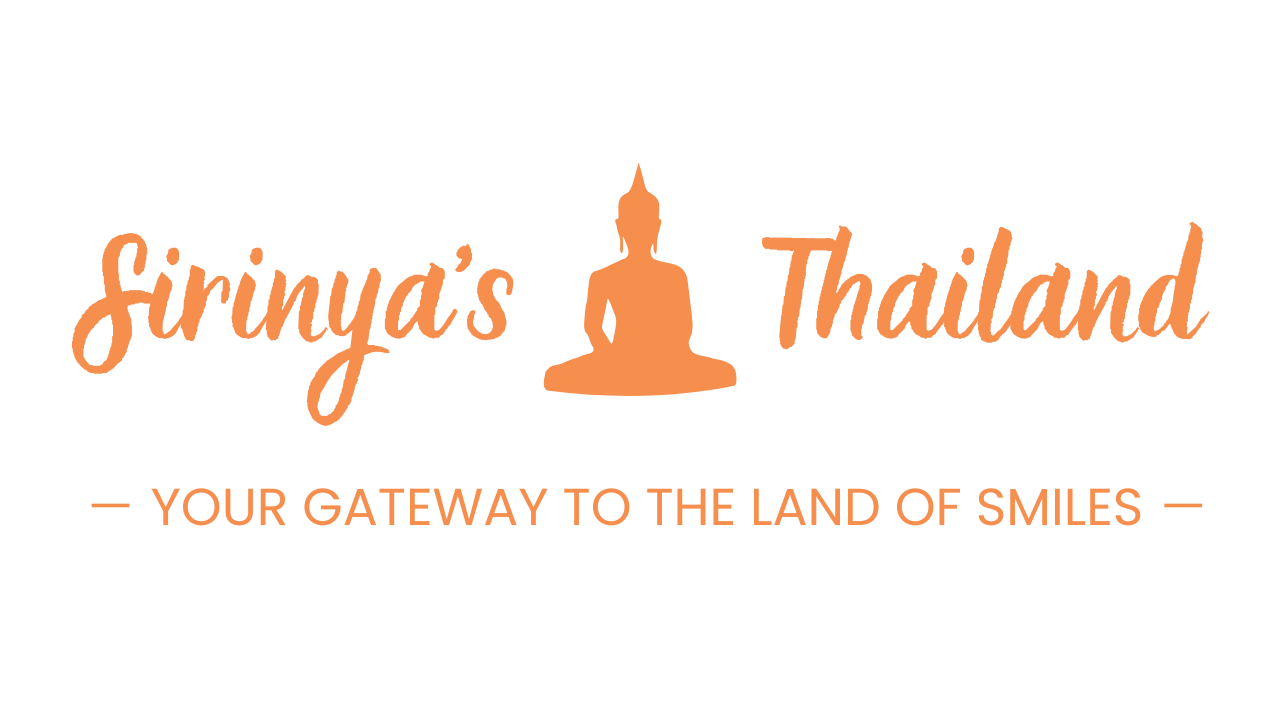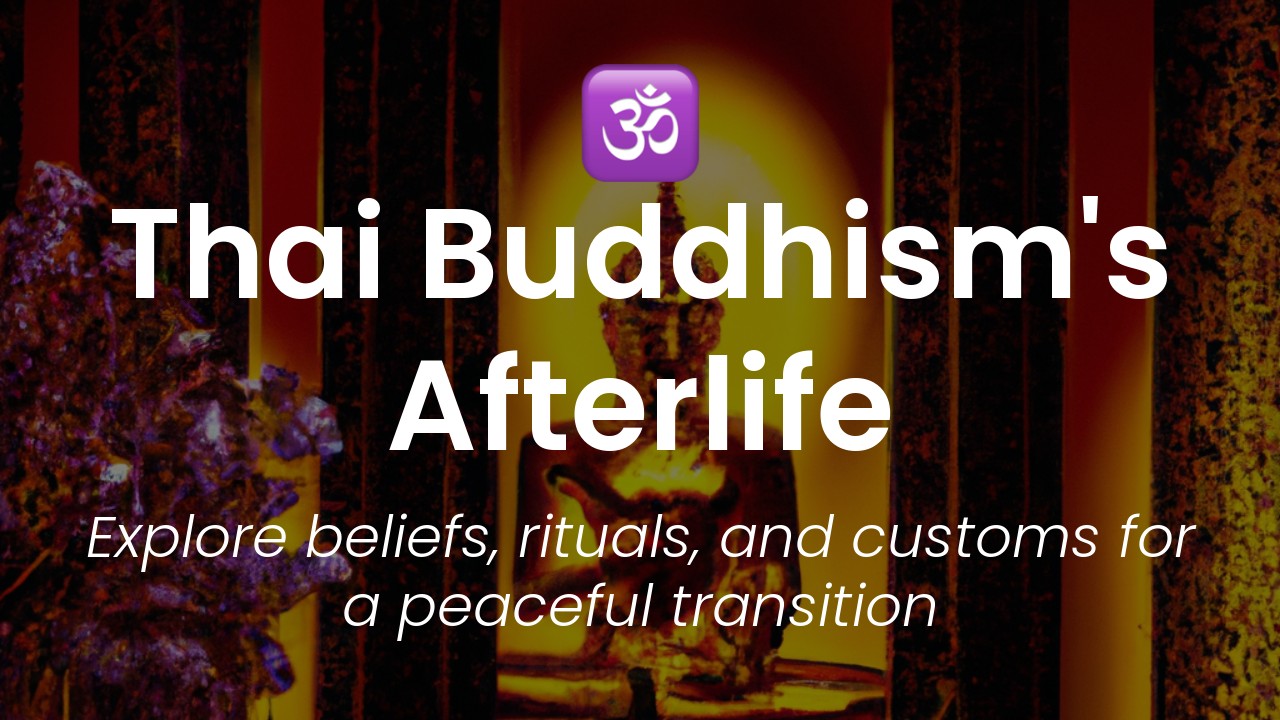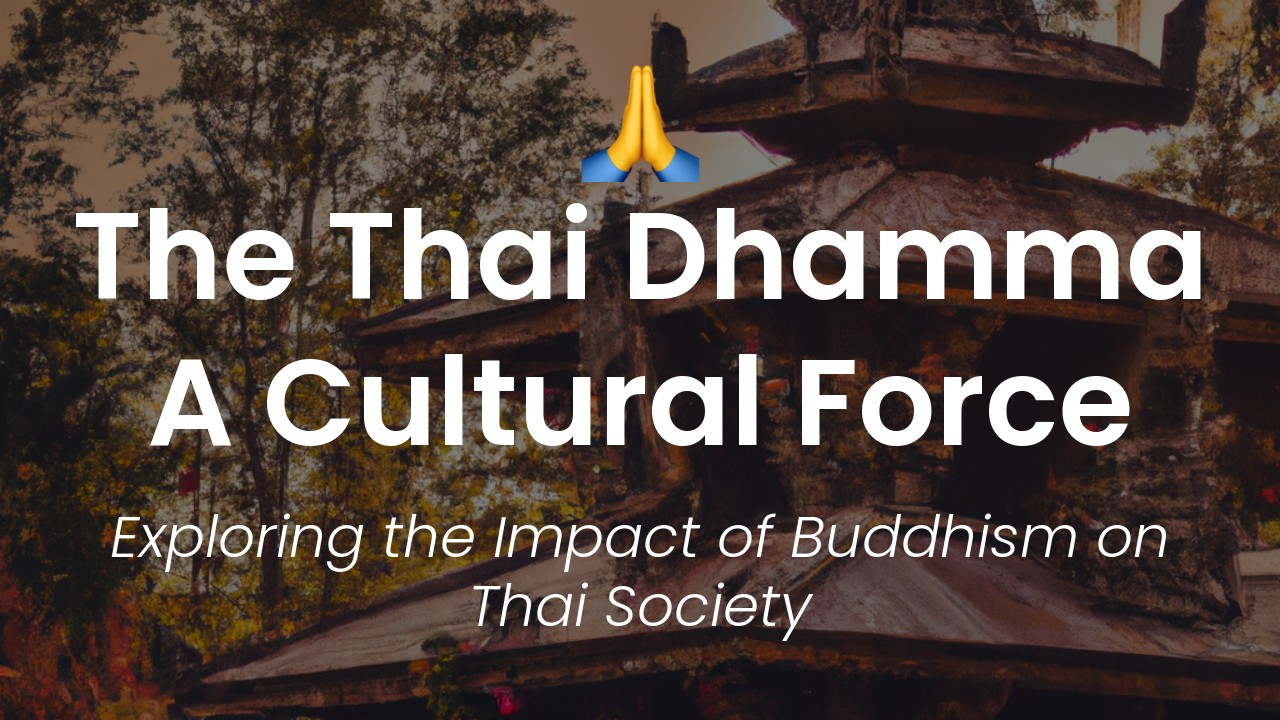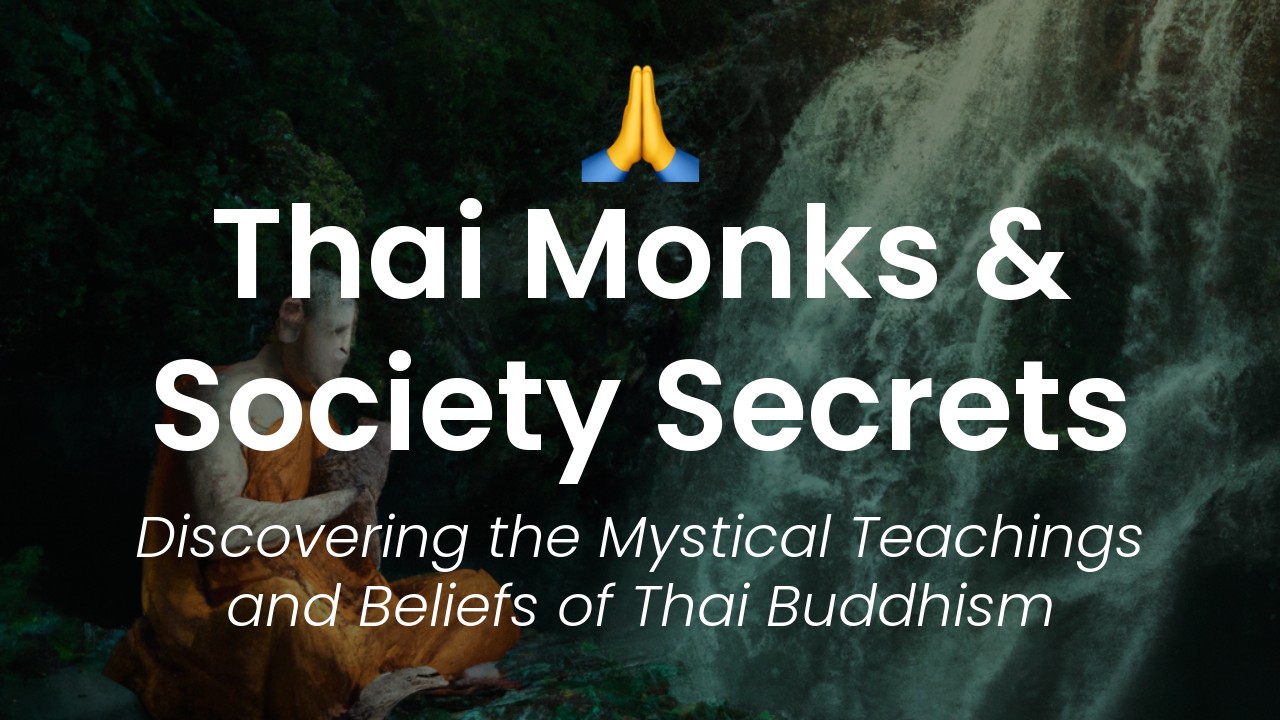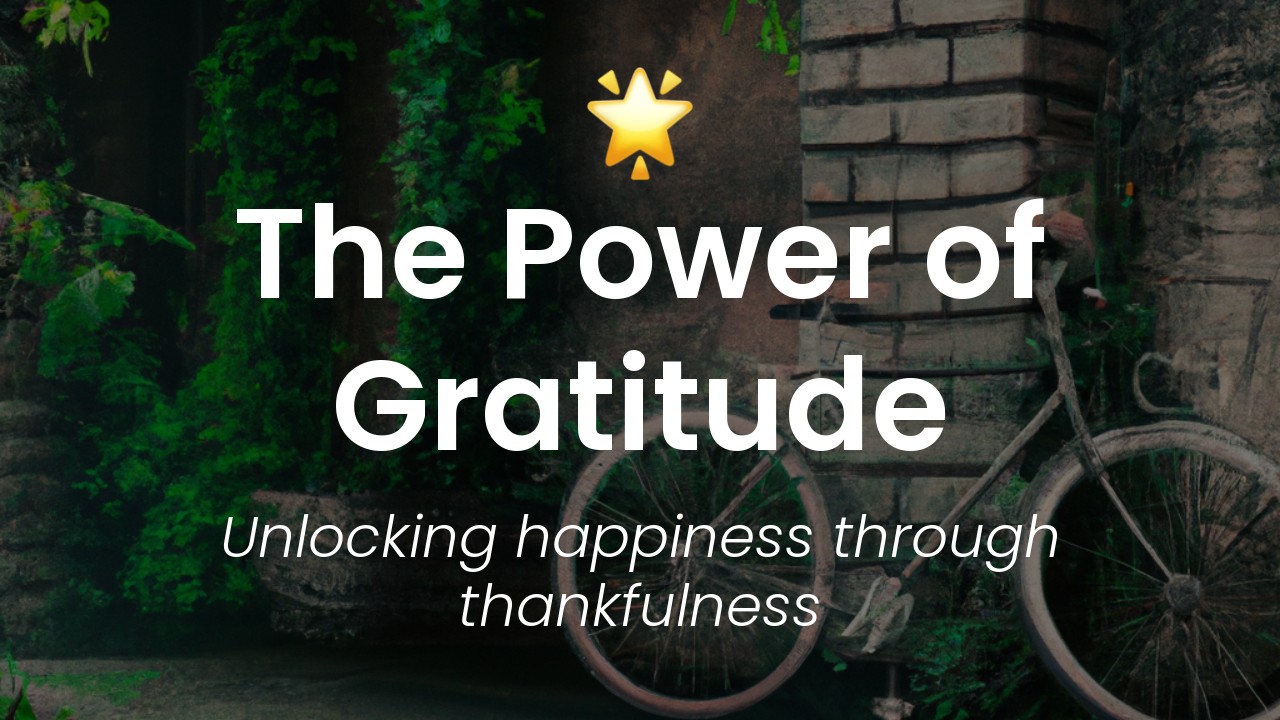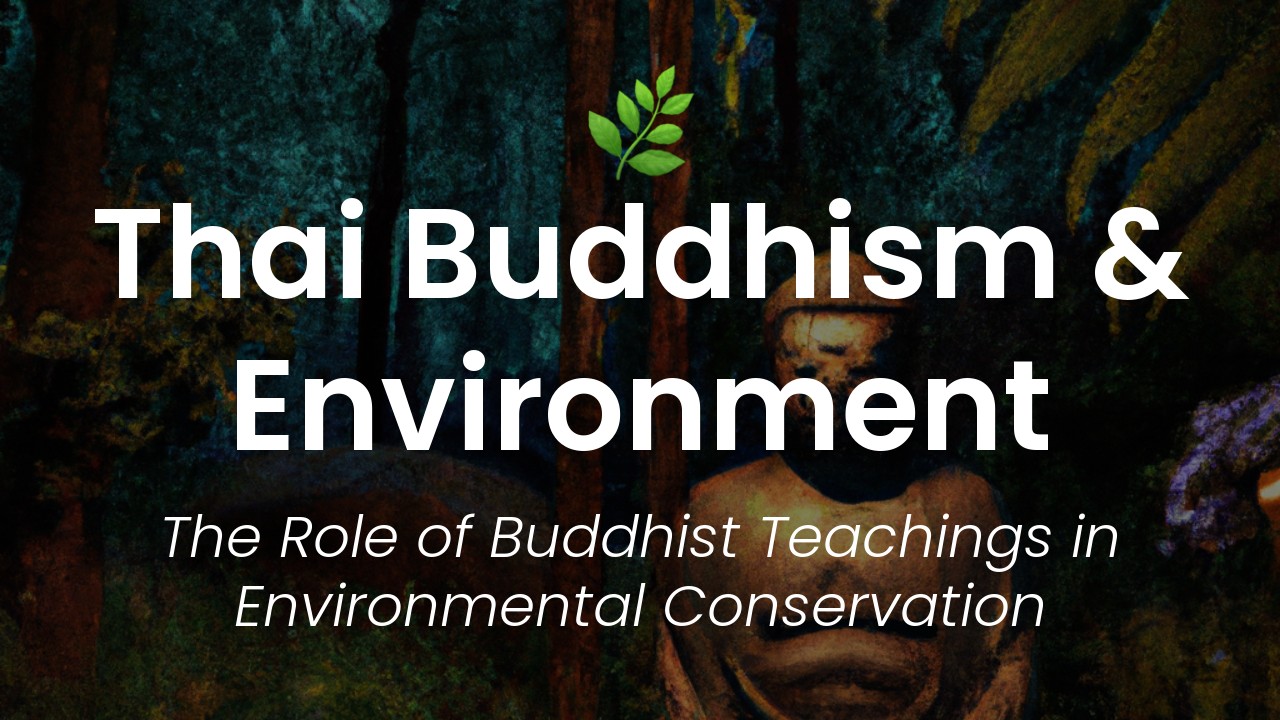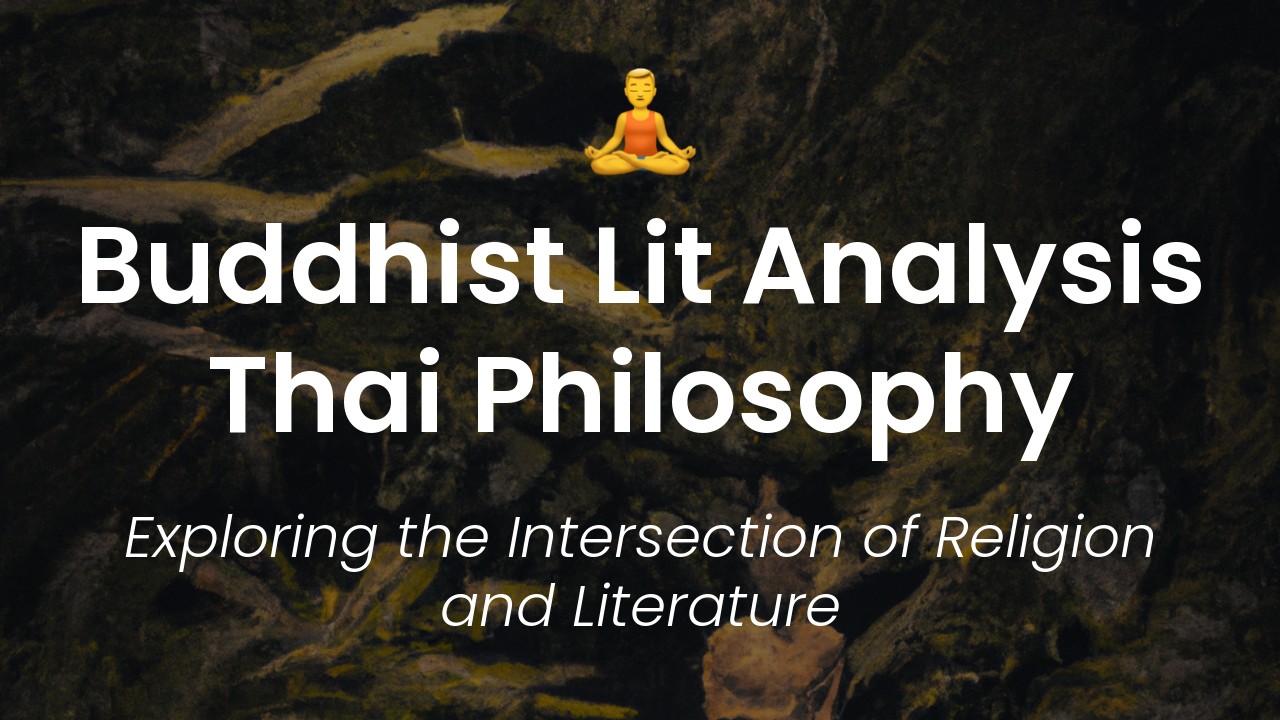Hello, my dear readers. My name is Sirinya, and I'm excited to share another insightful article with you all. Today, we will unlock the mysteries of Thai Buddha's take on Karma. As you all may know, Buddhism is the predominant religion in Thailand, and it is no secret that the principles of Buddhism have a pervasive impact on Thai culture and way of life. In fact, it’s almost impossible to come to Thailand without being exposed to at least some aspects of Buddhism.
Karma is one of the most essential beliefs in Buddhism. It is a concept that governs our lives, thoughts, and actions and has become a popular topic among foreigners who visit Thailand. Some individuals seek out to gain a deeper understanding of this belief, while some may be skeptical of it. Nonetheless, the concept of Karma remains an integral part of Thai culture, and is a crucial aspect of the way of life of the people of Thailand.
With this article, I aim to clarify and make sense of this complex belief. I will use storytelling to elaborate on the origin and meaning of Karma according to the Thai Buddhist tradition. We will explore how Karma affects our present lives and the lives of those around us. Moreover, we will learn about the causes, types, and consequences of Karma and how we can apply this knowledge to our daily lives. By understanding and embracing Karma, we can all aim for a better world, a better life, and a better tomorrow. So join me on this journey as we delve deep into Thai Buddhism and unlock the mysteries of Karma.
Understanding the 3 types of Karma
As a follower of Buddhism, the concept of Karma is a crucial factor in my belief system. Understanding the various aspects of Karma empowers me to live my life in a manner that aligns with my belief.
Based on Buddhist philosophy, Karma refers to the actions we take, the choices we make, and the intentions behind these actions and choices. These factors, among other things, shape the experiences we have in this life and the next. The idea of Karma is fundamental to the Buddhist concept of rebirth, which holds that we are reborn after death into new lives.
Regarding Karma, Buddhist philosophy identifies three types i.e. good Karma, bad Karma, and neutral Karma.
Good Karma
Good Karma stems from actions, choices or intentions made with a positive intention. A good deed, such as helping someone or engaging in a charitable act, generates good Karma. The benefit of good Karma is that it attracts positive experiences into our lives. For instance, if we put effort into practicing kindness and generosity, our actions and experiences will tend to be positive, and we are likely to be treated with kindness and generosity by others.
Bad Karma
Bad Karma, on the other hand, results from actions or choices made from negative intentions. For instance, harming someone else physically or mentally, stealing or lying are all deeds that generate bad Karma. As a result, the consequences of bad Karma manifest in negative experiences such as illness, poverty, and suffering in life.
Neutral Karma
Neutral Karma refers to actions, choices, and intentions that do not have a positive or negative impact on our Karma. These are deeds that neither facilitate the accumulation of positive Karma nor the creation of negative karma.
How does Karma affect our lives?
The impact of Karma on our lives is a fundamental concept in Buddhism. The way we live our lives and the actions we take shape our Karma, which in turn shapes our life experiences. This shaping process can affect both our current lives and the future lives we have.
Positive Karma attracts positive life experiences, and bad Karma attracts negative life experiences. When we exercise kindness, generosity, and compassion, we experience positive emotions, which help us to build good Karma. Meanwhile, when we engage in negative actions such as harming others, we create bad Karma, which leads to negative life experiences.
Buddhist belief on Karma as a path to liberation
Buddhism teaches the idea that liberation from the cycle of rebirth can only be achieved by breaking the chain of Karma. Karma, according to the Buddhist belief system, is a concept that binds people to the cycle of rebirth. The actions that we take in our lives shape our Karma, which, in turn, shapes the future lives that we have. To break free from the cycle of rebirth, one must break the chain of Karma.
The Buddhist teachings emphasize the importance of developing good Karma as a path to liberation. Positive actions, such as embracing kindness and generosity, can create good karma, which results in positive experiences. These positive experiences, in turn, can lift one closer to the state of enlightenment.
The significance of intention in creating good Karma
In Buddhist philosophy, the significance of intention in creating good Karma cannot be overstated. The motive behind an action plays a primary role in determining its Karma. Even if we engage in charitable deeds, the Karma generated can differ depending on our motives.
If one engages in good deeds with no underlying positive intention, they create neutral Karma. While neutral Karma can be helpful in creating balance in life, it cannot lead to liberation from rebirth.
Importance of mindfulness in Karma awareness
Buddhist teachings emphasize the importance of mindfulness in creating awareness and understanding of Karma. Mindfulness enables us to observe our thoughts, feelings, and actions. The practice of mindfulness empowers us to witness the repetitive patterns of our thoughts and actions, which allows us to identify areas where we need to make changes.
When it comes to Karma, mindfulness helps one to understand that the consequences of our actions are not the only things we need to be aware of. Still, it is also the intentions behind those actions that shape our Karma.
Applying Karma in daily life to shape our future
Buddhist teachings advise that developing good Karma is an important aspect of leading a happy and fulfilling life. The practice of engaging in positive actions, with positive intentions, sustains our good Karma.
Practicing mindfulness is a key aspect of applying Karma in daily life for better results. When we become mindful of our thoughts and actions, we can identify areas in our lives where we can develop good karma.
In conclusion, the concept of Karma is fundamental to the Buddhist belief system. Understanding Karma empowers us to live our lives with intention and make choices that align with our belief system. By practicing mindfulness and embracing positivity, we can create good Karma, which leads to a happy and fulfilling life.
